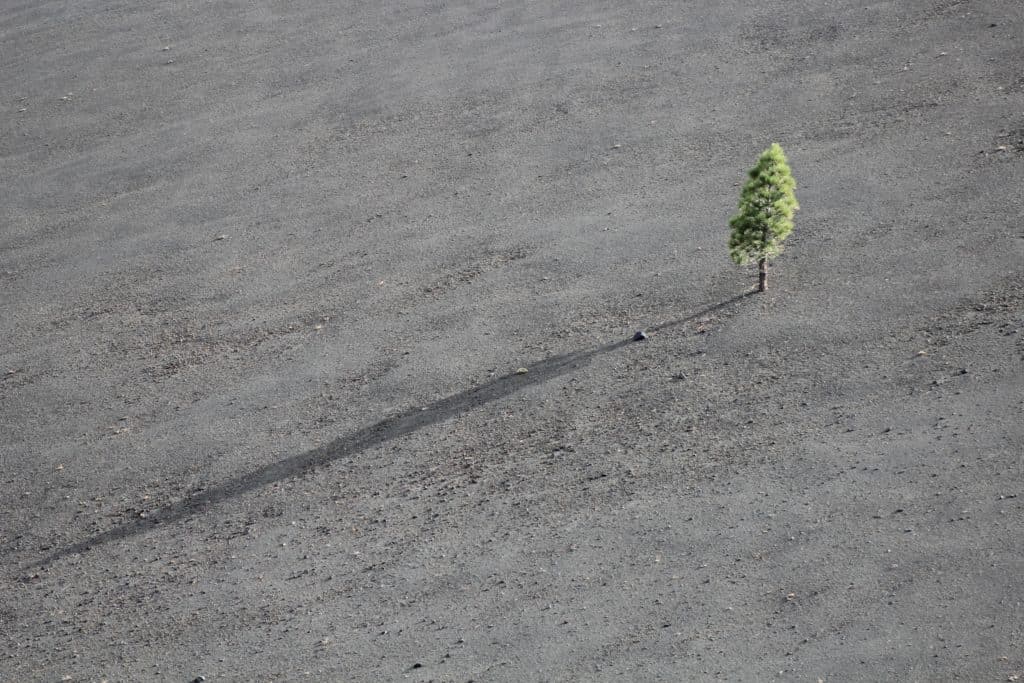The hidden ‘coping’: have we forgotten someone?

Author: Ruth Preston
Stoicism has sometimes been associated with a British ‘stiff upper lip’: enduring without unnecessary emotion. Getting on with it. The word comes from the ancient Stoics, who looked for inner resources to handle all circumstances. Inner bravery is something that many among us prize, and at this time there are older people in our communities who are coping tremendously without ‘making a fuss’. We remember regularly those with Covid-19, those with dementia, those who are isolated, and yet: are there people whose coping has become hidden?

Older people who are full time carers for older children with disabilities.
Nick and Jill’s daughter Amy, who is 39, has severe learning disabilities. She usually lives in full time residential care. In lockdown they have been caring for her. Jill told the BBC: “We’re very tired, you know, we’re older. We’ve got good health, but you do feel tired. We were walking through our local park and she went down into a seizure – and both of us felt her going down and took the weight. We just had to sit down on the grass and hold her – and people were jogging, playing football, and nobody, not one person, asked if we were ok. I felt we were invisible. It was awful, but that’s what it was like. If someone had said: ‘Do you want me to stay with you?’ – that would have really helped.”
A report from the University of Bath has described the growing need for help for carers of those with learning disabilities. By 2030 it’s estimated that 30% more adults with learning disabilities aged over 50 will need social care, and 164% more who are over 85. Right now in the UK, 1.3 million carers are aged over 65. You may know one of them. How could you bless them?
Those who have retired without fanfare during lockdown
When you’ve been working for years, perhaps even decades in the same place, you can reasonably expect a decent send off when you leave. A few words of farewell, a card, perhaps some cake or drinks at the pub. Missing this due to lockdown can feel like a let down and a lack of recognition. The Centre for Ageing Better’s research with Ipsos Mori has also found that half of those in their 50s and 60s believe that their personal finances will worsen over the next year. Only 39% of those who are currently furloughed, or of working age but not in employment, are confident that they will be employed in the future. Do you know someone worried for their job yet? Even if they don’t have financial worries, can you help them explore God’s purpose for them in this next season even if their former work has ended?
Grandparents living on their own
The Office for National Statistics, in their latest bulletin, reported 8.2 million people living alone. This equates to just over 12%, with roughly half of single person households being aged 65 and over. But more concerning, this figure has been increasing significantly year-on-year for the last two decades: loneliness, it seems, is systemic – a way of doing life that leads to ever greater separation and singleness. When faced with such statistics, the task can seem to be a daunting one – what difference can one person make? But as Mother Teresa is famously quoted as saying:
“We know only too well that what we are doing is nothing more than a drop in the ocean. But if the drop were not there, the ocean would be missing something.”
We know also that the Lord thinks the same way: Jesus many times goes out of his way to address the needs of the one. The parable of the lost sheep is the epitome of such thinking – God loves and cares for each of us personally and individually. And nothing, even the smallest kindness, is overlooked in this regard, but rather greatly valued:
“And if anyone gives even a cup of cold water to one of these little ones who is my disciple, truly I tell you, that person will certainly not lose their reward.” Matt 10:42
Is there anyone you know that are on their own? Or perhaps working on their own with a disabled partner that you can reach out to and encourage? Even if it is just a small thing? Even the smallest kindnesses can be greatly appreciated and valued.
Elderly people working in hospitality and retail
In the UK the aged population of 65 and over is 18% and growing, with one third of the labour market now being 50 or over. But, with the onset of Covid-19, many vulnerable people are having to make the difficult choice between staying safe and going back to work. Although lockdown has eased, the danger still feels very real – even with all the precautions and measures employers are taking to make working environments as safe as they can. For many, loss of employment is a genuine prospect if they choose to abscond, with also the added financial implications of such a move weighing heavily on their mind, the decision being either to protect their family, or to provide for it.
In such an environment the church community is uniquely equipped to provide support, whether it be praying, serving or financially – the power of a community that bands together, to face together the challenges faced by these individuals, is immense. As Paul writes:
“’I can do all things through him who strengthens me’. Yet it was good of you to share in my troubles” Philippians 4:13-14
Let us be a community that, therefore, shares in our troubles, perhaps there are people “coping” in silence – be proactive in asking about their welfare. Perhaps you are someone who is stoically pressing through a tough time, be encouraged to share your troubles, even if it is only to one other person: God has placed us in a community so that we don’t have to face difficult times alone.
In addition to this, as alluded to in Philippians 4, Paul provides another key to surviving tough times (whether this is for yourself or for you to encourage others with), to learn to strengthen ourselves in the Lord. Simply speaking, this means to derive encouragement from your relationship with Jesus – to cast all your troubles and anxieties on him, knowing that he is a God that cares for you (1 Peter 5:7).
The Apostle Paul said “I have learned in whatever situation I am to be content. I know how to be brought low, and I know how to abound. In any and every circumstance, I have learned the secret of facing plenty and hunger, abundance and need, “I can do all this through him who gives me strength.” (Phil. 4:11–12).
